In an era where technology continuously reshapes the boundaries of creativity, we are proud to present a groundbreaking showcase of musical pieces entirely composed by artificial intelligence. This fusion of AI and music not only highlights the limitless possibilities of digital innovation but also sets a new standard for artistic expression.
The recent competition, hosted on our platform, invited participants to leverage advanced AI tools to create unique and captivating musical compositions. The results were nothing short of revolutionary, providing a breathtaking glimpse into the future of music and digital technology. Each piece not only demonstrated the AI’s ability to understand and manipulate musical elements but also its capacity to evoke emotions and convey deep artistic expression.
As we delve deeper into the capabilities of AI, it becomes clear that technology is not just a tool but a collaborator in the creative process. The AI-generated compositions from our competition show a sophisticated understanding of harmony, rhythm, and dynamics, proving that AI can indeed be an extension of human creativity.
This event is just the beginning. Thanks to the contributions from WATAM and Mopen Finance, the Street Money events will continue to push the envelope in integrating technology with various forms of art. Our commitment to fostering a community where technology enhances creativity ensures that these collaborations will keep producing innovative and inspiring results.
We are excited about the potential of AI in creative industries and are committed to exploring these opportunities. The successful integration of AI in music composition is a testament to the advances in technology and its potential to enhance and redefine the creative landscape.
Stay tuned for more events and collaborations brought to you by Street Money, WATAM, and Mopen Finance. Together, we are setting the stage for a new era of digital artistry where technology and creativity merge to create unprecedented artistic experiences.
The field of artificial intelligence (AI) music composition is undergoing rapid advancements, forging new paths for both creativity and technology. As AI continues to integrate deeply into various sectors, its influence on the music industry is particularly noteworthy, transforming the way music is composed, produced, and consumed.
The Evolution of AI in Music AI music technology began with basic algorithms that could generate simple melodies. Today, these systems have evolved into sophisticated neural networks capable of composing complex musical pieces across various genres. Technologies such as Google’s Magenta, OpenAI’s Jukebox, and IBM’s Watson Beat are at the forefront of this innovation, using deep learning and reinforcement learning to push the boundaries of what machines can achieve musically.
Technical Underpinnings At the core of AI music composition are machine learning models that learn from large datasets of music. These models, often based on Convolutional Neural Networks (CNNs) or Recurrent Neural Networks (RNNs), analyze patterns and structures within the music to generate new compositions that are stylistically consistent yet innovative. For instance, OpenAI’s Jukebox uses a variant of Generative Pre-trained Transformer 3 (GPT-3) to create music that includes both melody and lyrics, mimicking various artists and genres with remarkable accuracy.
Creative Collaborations One of the most exciting aspects of AI in music is its potential for collaborative creativity. Artists and technologists are increasingly teaming up to explore how AI can be a tool for enhancing human creativity rather than replacing it. These collaborations often result in performances and compositions that are uniquely dynamic, blending human emotional depth with AI’s computational power.
Challenges and Ethical Considerations Despite its impressive capabilities, AI music composition is not without challenges. Issues of copyright and originality arise as AI systems generate music that may closely resemble existing works. Furthermore, the question of authorship and rights in AI-generated content continues to spark debate within legal and artistic circles. Moreover, there’s an ongoing discussion about the ethical implications of AI in creative industries. As AI becomes more autonomous, ensuring that it enriches the human experience without diminishing the value of human artistry is paramount.
The Future of AI Music Looking ahead, the future of AI-driven music composition holds immense promise. Continued improvements in AI technology will likely lead to more personalized and adaptive music experiences, potentially changing the landscape of music production and interaction. Additionally, as AI becomes more accessible to artists, it may democratize music creation, enabling more people to express themselves musically without the need for extensive traditional training.


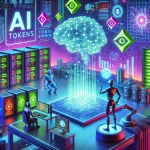


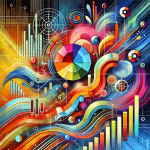

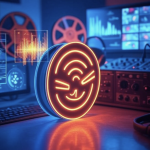
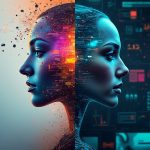


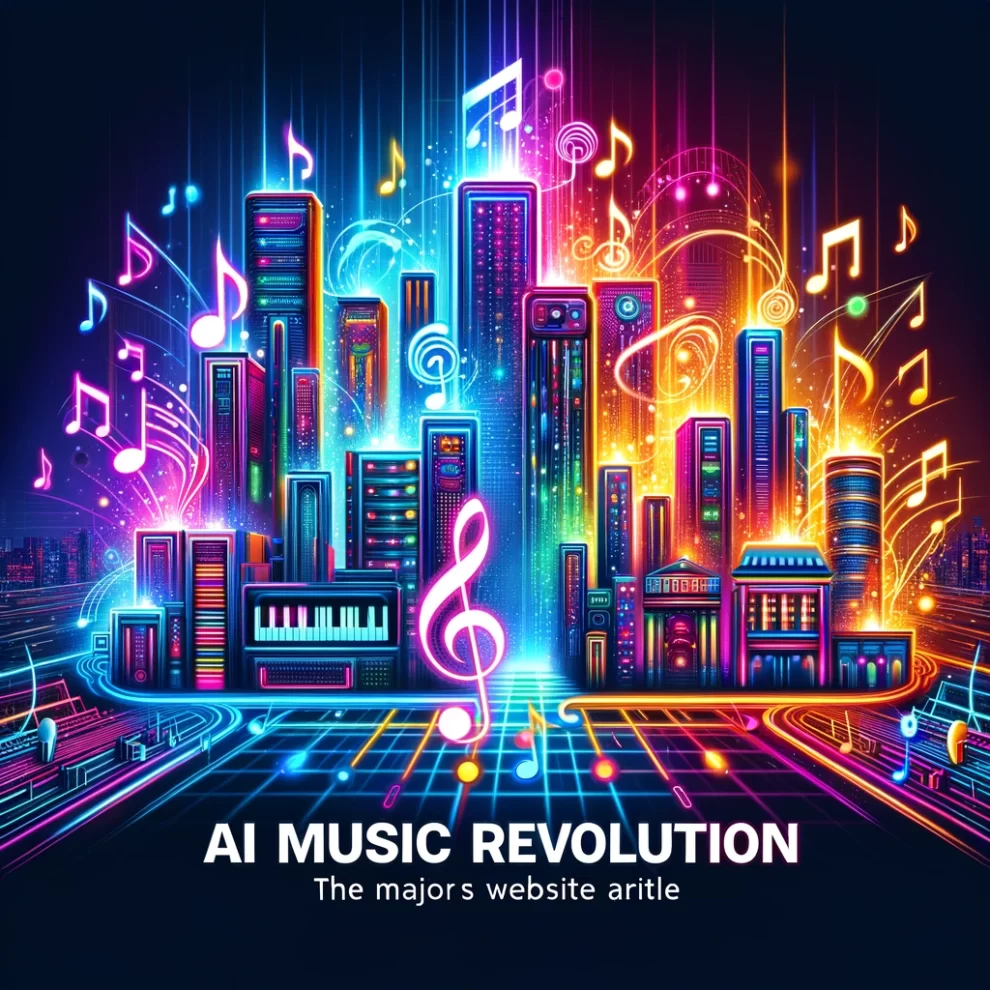

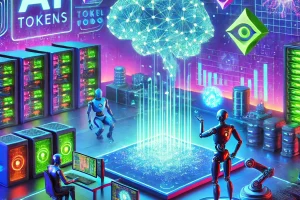
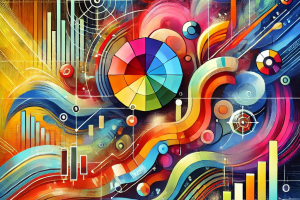
Add Comment